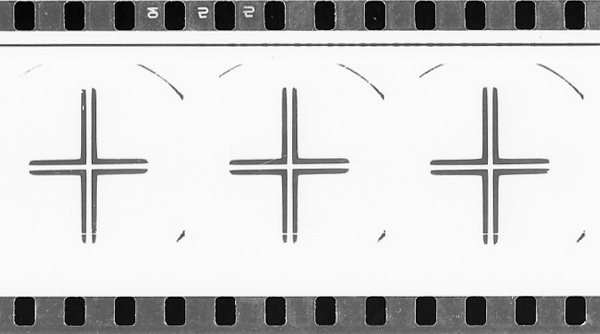Woman's Day

Synopsis
"Immediately at the film's beginning we run up against a boundary stone, a relic of a past age, made of nearly indestructible granite. In the middle of a forest which seems idyllic in the twilight, it marks an otherwise invisible division: Bavaria on one side, the Czech Republic on the other.Johannes Holzhausen's Woman's Day is a documentary miniature that begins at this place. It clearly portrays the fault lines of history in the circumstances of a family and individual lives. A grouchy old man. A woman who was abruptly separated from her lover. A son who disappeared into the underground for ten years. They are the protagonists of an arrangement centered on borders, borders that still have an effect even if they are no longer officially recognized – as immobile as if they were made of granite.
Old Wenzel more than anyone has never given up his grudge against the Czechs. He and Emma come from the same village, which was moved to German territory after the war. His nationalism is a symptom of bruised male pride. Emma, the woman he once loved, chose someone from the other wide, a Czech, instead of him.
Holzhausen reveals views of a constellation in which history begins to resemble a drama. Each detail helps correct the overall picture. For example, there is nothing about forbidden love in Emma's reminiscences. She ignored the political situation with a pure heart. For Wenzel, on the other hand, the story remains a vivid part of the present. Every August 15th, on Women's Day, he pesters Emma with phone calls. His son, Herbert, who refused to serve in the military, must prove that he is German with the aid of documents from a lost era. History takes an ironic turn when it repeats itself." – Dominik Kamalzadeh (Translation: Steve Wilder)